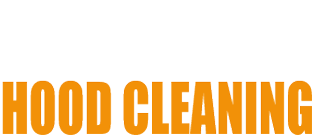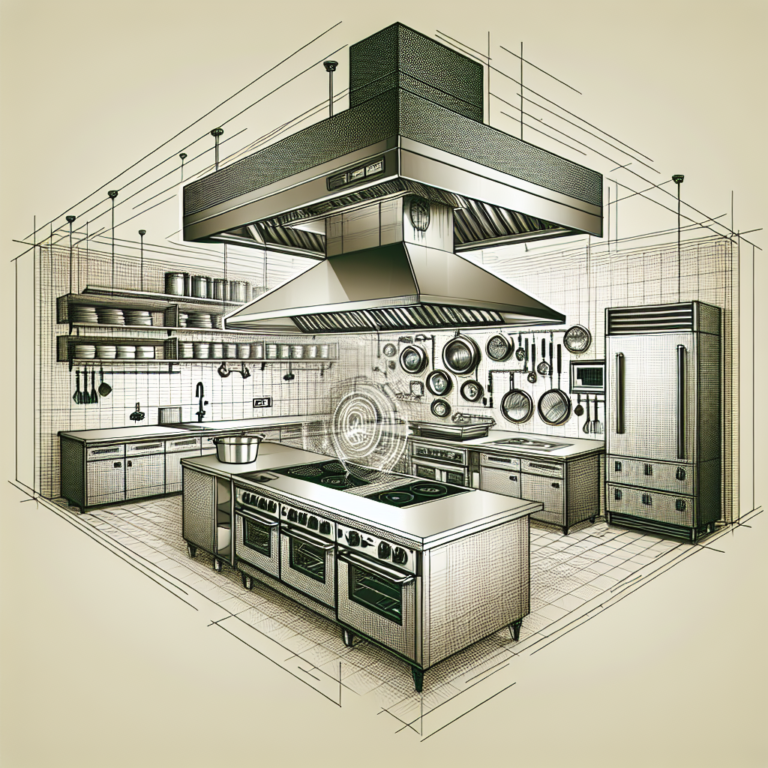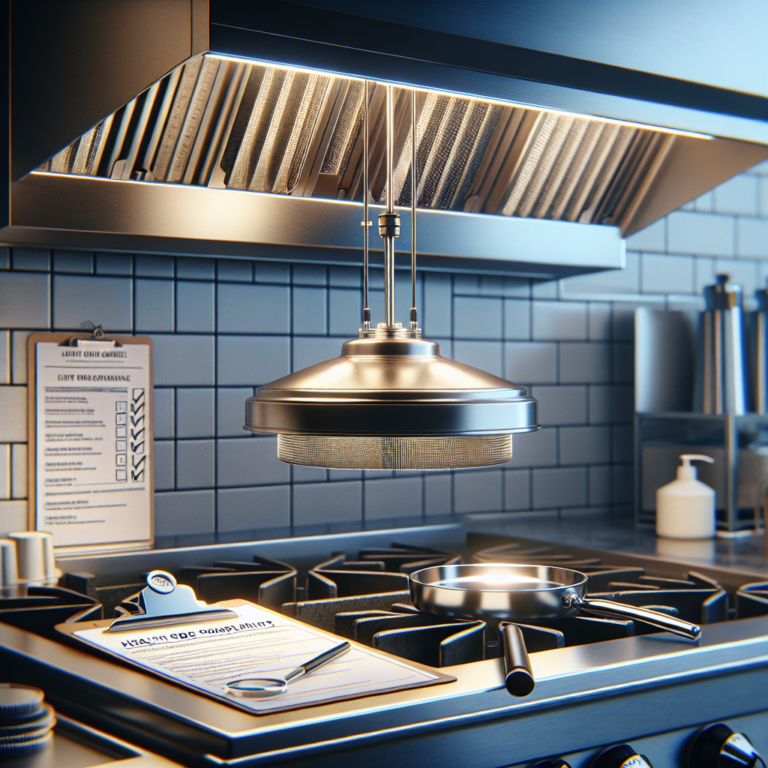Boost Food Safety Certifications with Professional Hood Cleaning Services
Introduction
When it comes to running a successful restaurant, maintaining cleanliness is critical, not just for aesthetic purposes but also for safety and compliance. One of the most important yet often overlooked areas is the kitchen hood. Fortunately, hood cleaning plays a crucial role in obtaining food safety certifications like HACCP (Hazard Analysis and Critical Control Points) and ISO 22000. Below, we will explore how this essential practice links to food safety certifications and why it is vital for commercial kitchens in Denver and beyond.
What Is Hood Cleaning?
Hood cleaning, particularly in a restaurant or commercial kitchen, involves the thorough cleaning of kitchen hoods, exhausts, and ventilation systems. These are critical components that capture smoke, grease, and particulates, preventing them from circulating throughout the kitchen and dining areas.
By focusing on exhaust hood cleaning, restaurants can lower the risk of fires, improve air quality, and ensure the safety and well-being of employees and patrons alike. But does it also aid in securing those all-important food safety certifications? Spoiler alert: Yes, it does.
The Link Between Hood Cleaning and Food Safety Certifications
Food safety certifications, such as HACCP and ISO 22000, serve as a benchmark for international best practices in food safety and hygiene. While these standards cover a broad range of processes, ensuring a clean and safe environment is at their core. Here’s how restaurant hood cleaning contributes to achieving these certifications:
1. Reducing Fire Hazards
- Accumulated grease in hoods and exhaust systems is not just unsightly but also highly flammable.
- Regular commercial kitchen hood cleaning significantly reduces the risk of dangerous grease fires.
By mitigating fire risks, restaurants align better with safety protocols that are a critical part of food safety certifications.
2. Improving Air Quality
- A clean hood and exhaust system mean better airflow and air quality in the kitchen.
- This reduces employee exposure to smoke and particulates, promoting health and productivity.
Better air quality is a vital component of both employee safety and food preparation, ensuring restaurant hood cleaning is part of the hygiene process for obtaining certifications.
3. Ensuring Compliance with Health Codes
- Local health departments often have stringent codes that require regular Denver hood cleaning.
- Failing to meet these standards can result in fines or even closure, jeopardizing certification efforts.
Complying with health codes through regular cleaning not only helps avoid legal pitfalls but also streamlines the certification process.
4. Promoting Safe Food Preparation
- Unclean hoods can harbor bacteria and other pathogens that may contaminate food.
- Regular cleaning minimizes this risk, ensuring a safer food preparation environment.
In a certified kitchen, the emphasis is always on minimizing contamination risks—exactly what routine hood cleaning contributes to.
The Financial Upside
Aside from the direct compliance and safety benefits, engaging in regular cleaning works wonders for the financial health of a restaurant. Here’s how:
Extending Equipment Lifespan
- Regular cleaning extends the life of hoods and exhaust systems.
- This reduces the need for frequent replacements or costly repairs.
Boosting Energy Efficiency
- A cleaner system runs more efficiently, consuming less energy.
- This translates into lower utility bills, freeing up budget for other operational needs.
Conclusion
When seeking food safety certifications like HACCP or ISO 22000, maintaining a clean kitchen environment is non-negotiable, and the cleaning of hoods and exhaust systems sits at the heart of this endeavor. These steps not only protect you from fire hazards, improve air quality, and ensure a higher standard of hygiene, but they also contribute substantially to your eligibility for vital certifications. At the end of the day, consistent attention to detail is what tips the scales in favor of a safer, more efficient, certified kitchen environment.
If you’re contemplating how to integrate Denver hood cleaning into your routine maintenance or want more information about its role in food safety certification, visit hood cleaning today for professional guidance.







